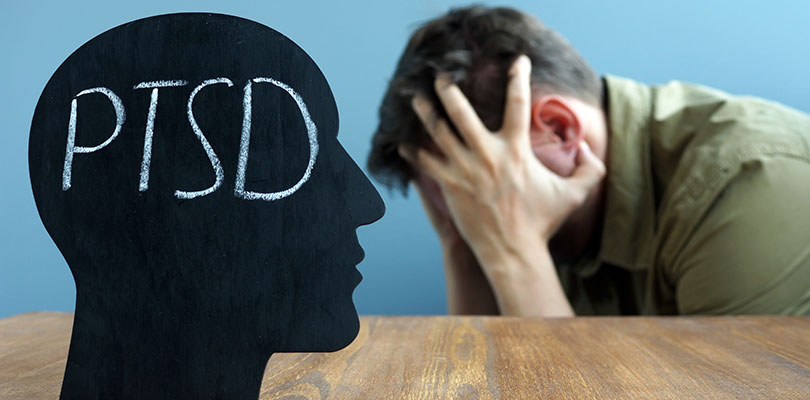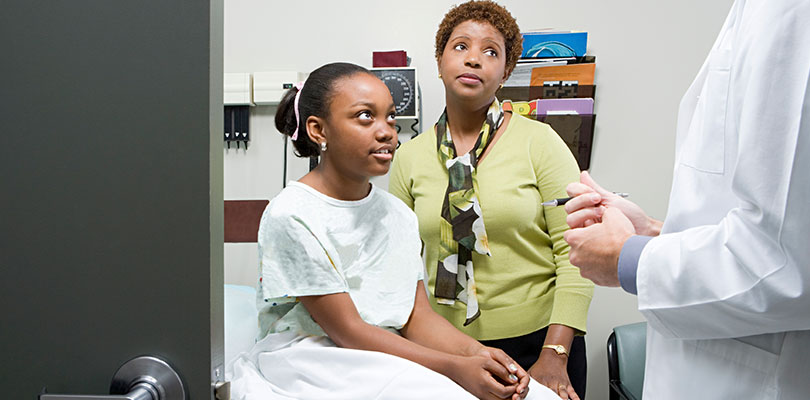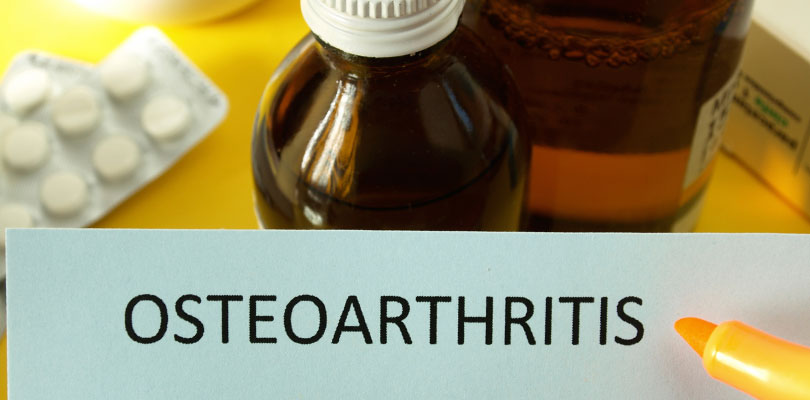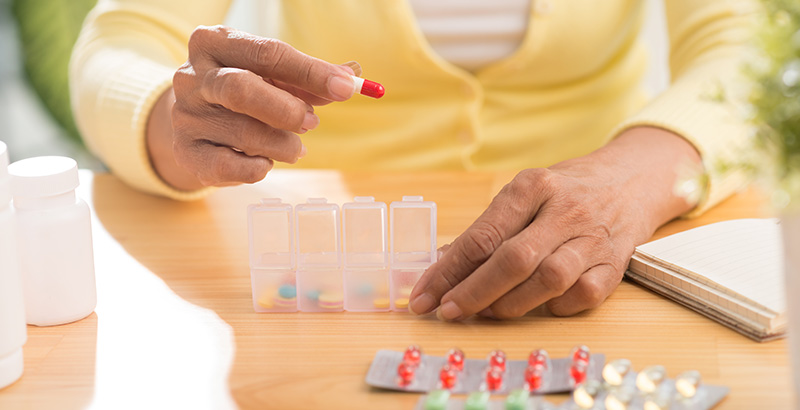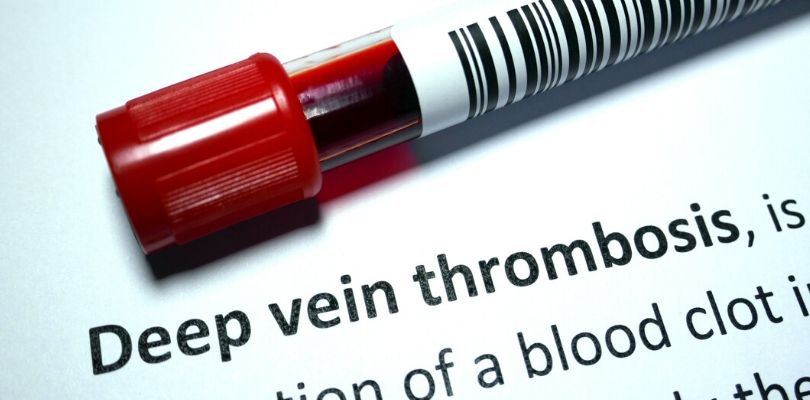Post-Traumatic Stress Disorder
How do you react to a frightening event? We all respond differently to these types of occurrences for many reasons. Certain events that cause significant trauma can be diagnosed as post-traumatic stress disorder (PTSD), which can disrupt your job, relationships, health, and everyday activities you usually enjoy.
What Is Fear?
It’s important to differentiate between generalized fear and PTSD.
Usually, when you experience something scary or startling, your reaction includes feeling nervous, problems sleeping or revisiting the details of the event in your mind. This is normal, and usually, these thoughts and feelings decrease over time.
Not every traumatized person will develop PTSD, but if fear-based symptoms amplify or persist, consult a healthcare professional.
What Is PTSD?
PTSD has a lasting effect, and it may cause serious disruption in your everyday life.
This is a mental health condition triggered by either experiencing trauma firsthand or witnessing or learning of a terrifying event that happens to others. Reaction and emotion around trauma are a significant component of PTSD.
Something is traumatic when it’s very frightening or overwhelming and causes a lot of distress. These events are often unexpected and usually, come with feelings of powerlessness or the inability to stop/change the outcome of the event.
What Causes PTSD?
PTSD can affect anyone of any age. PTSD may be the result of the trauma from a single event, or it can be the result of a series of events/experiences that accumulate over time.
PTSD can happen when you go through, see, or learn about a traumatizing event. Traumatic events usually involve a life-threatening event, serious injury, or sexual violation. Examples of traumatic events that lead to PTSD include combat exposure, sexual violence, physical abuse/assault, an accident, fire, natural disasters, plane crash, and more.
Why Do Some People Get PTSD and Others Don’t?
Doctors can’t pinpoint why some people get PTSD, and others do not. They speculate that it could be one (or a combination) of the following factors:
- Length of time the trauma lasted
- The number of other traumatic experiences in someone’s life
their reaction to the event - Inherited mental health risks
- Inherited personality features (such as temperament)
- The way your brain regulates chemicals and hormones
- The kind of support received after the event
- Whether a person develops positive coping strategies
Risk Factors for PTSD
With most conditions, certain aspects can put you at greater risk for PTSD. You’re more likely to develop PTSD after a traumatic event such as:
- Experiencing intense/long-lasting trauma
- Having experienced other trauma earlier in life
- Having a job that increases your risk of being exposed to traumatic events (for instance first responders or military)
- Having other mental health issues or blood relatives with mental health issues
- Problems with excess substance use
- Lacking a good support system of family and friends
Symptoms of PTSD
Symptoms differ from person to person and may change or vary in intensity over time. The symptoms may start within a month of the event, but they may have late-onset and not present themselves until years after the event occurs.
There are a few generalized symptoms, such as:
- Difficulty adjusting/coping
- Feeling on edge or like something terrible is about to happen (even in safe environments)
- Flashbacks
- Nightmares
- Depression
- Anxiety
Symptoms usually grouped into four types.
There countless illnesses that are not life-threatening, but are common health conditions that you likely haven't heard of.
Re-experiencing Symptoms
- Distressing memories of the event replay in the mind without conscious control
- Reliving the trauma through flashbacks
- Experiencing stressful dreams/nightmares about the event
- Severe emotional distress or physical reactions to any reminders of the event
Avoidance Symptoms
- Consciously avoiding any thoughts or talking about the trauma
- Avoiding places, activities, or people that remind you of the event
Cognitive and Mood Symptoms
- Negative thoughts about yourself, other people or the world
- Hopelessness or feeling emotionally numb
- Difficulty remembering
- Trouble maintaining close relationships or feeling detached
- Lack of interest in activities you previously enjoyed
- Difficulty experiencing positive emotions
Arousal and Reactivity Symptoms
- Becoming easily startled/frightened
- Self-destructive behavior (like drinking, drugs, or reckless behavior)
- Trouble sleeping
- Trouble concentrating/focusing
- Irritability or aggressive behavior
- Overwhelming guilt or shame
Additional symptoms for children may include re-enacting the event or aspects of it through play, wetting the bed, becoming unable to speak, or becoming unusually clingy.
Treatment for PTSD
With time and good self-care, people can usually get better.
If you have trouble getting your life back under control, you have constant disturbing thoughts/feelings that persist, get in touch with a doctor or mental healthcare professional.
Starting treatment as soon as possible can help prevent normal stress reactions from getting worse and developing into PTSD. Some treatment options are:
Therapy
Psychotherapy talk therapy is available in a one-on-one or group setting. Be sure to seek out a mental health practitioner trained in PTSD.
Cognitive behavioural therapy teaches patients how their thoughts, behaviors, and feelings work together and how to deal with problems and stress. It teaches skills like relaxation and techniques to come back to the present.
Exposure therapy helps patients talk about their experience, reduce avoidance, and control fear by gradually exposing them to their trauma in a safe way. This therapy can be included with CBT or used on its own.
Support groups can help too. Share your experiences and learn from others. These groups connect patients with people who understand what they’re going through. Or get support from family and friends.
Programs
Post-traumatic recovery programs: there are several intensive programs available through a variety of providers to offer in-patient programs to help patients through the healing process. They provide extensive support and specialized care in combination with psychotherapy, educational sessions, and skills development.
Medication
Medication like antianxiety or antidepressants may help with anxiety, depression, or sleep difficulties.
Conclusion
It’s important to note that not all traumatic experiences lead to PTSD, but if you’re carrying any mental or emotional baggage with you, reach out for help. There are many treatment options available that aid in recovery.
